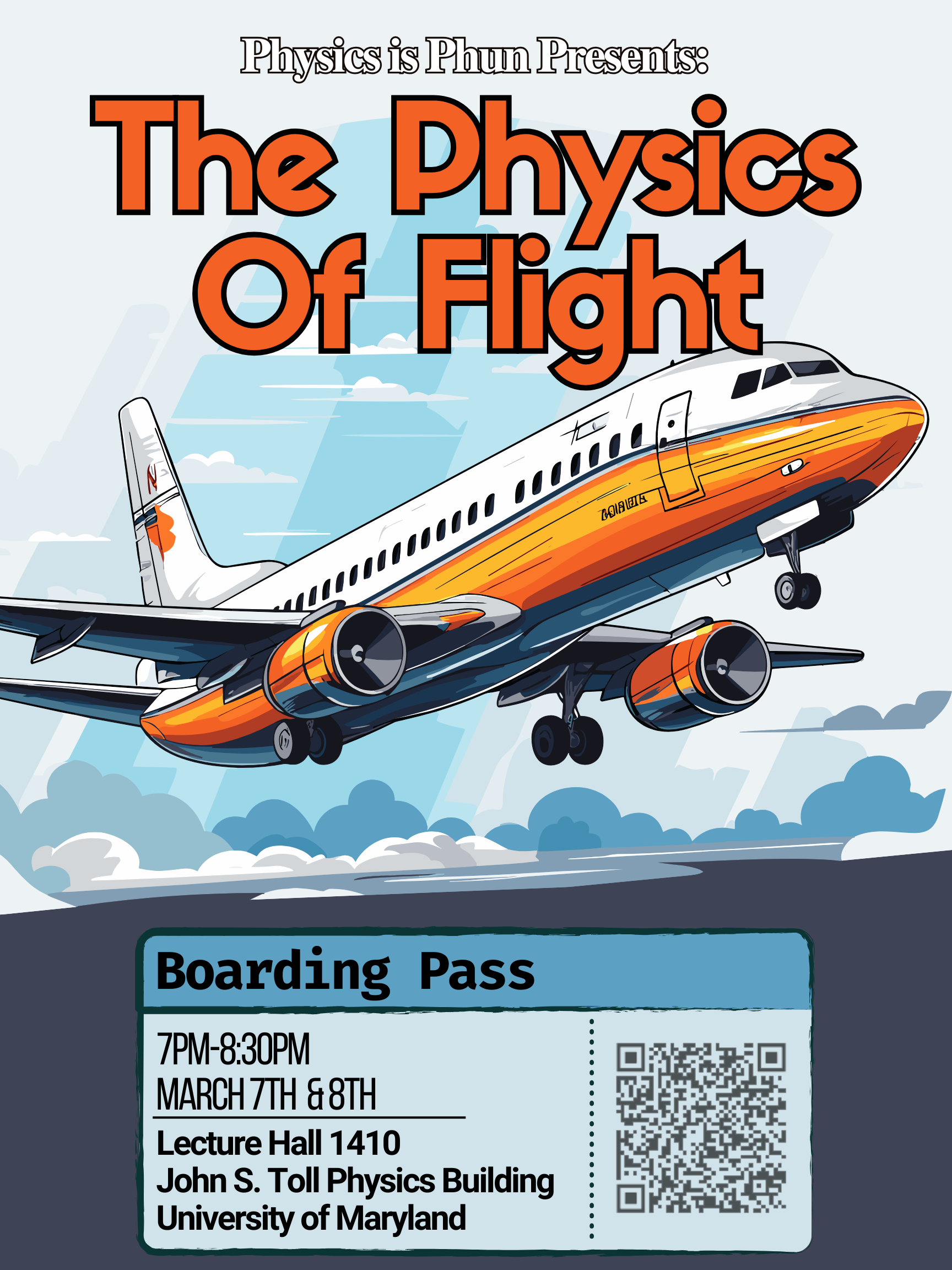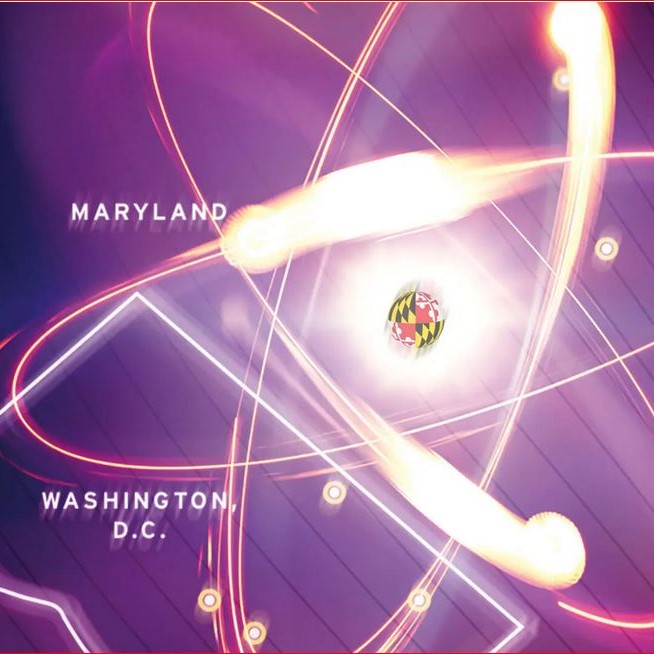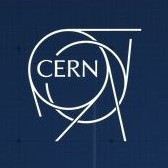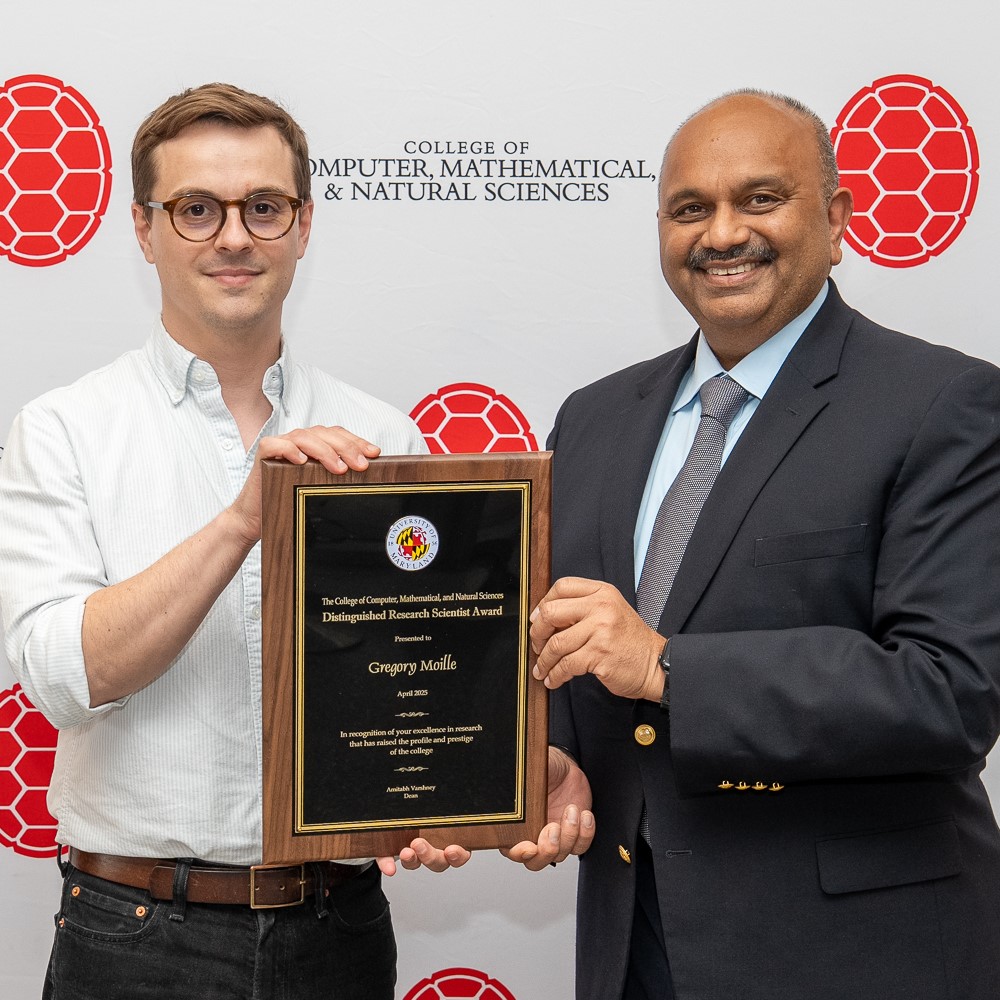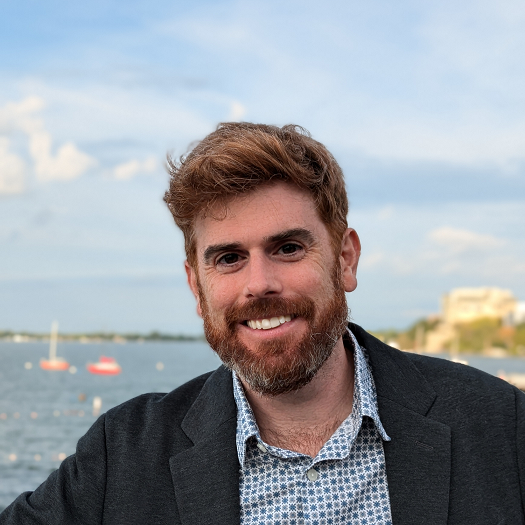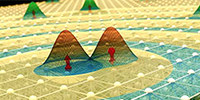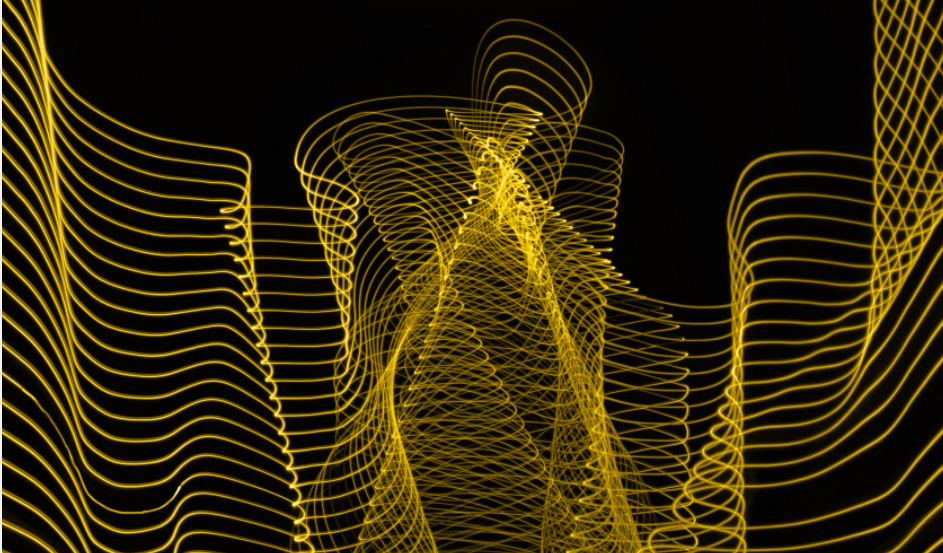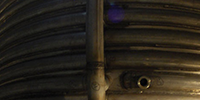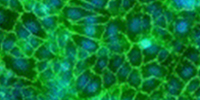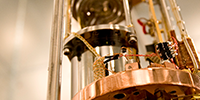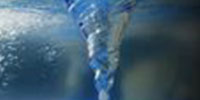Francis Everitt, Stanford University
October 23, 2012
Space research makes intense demands, but opens ways to new physics impossible on Earth. Launched in 2004, the NASA/Stanford Gravity Probe B experiment displays both, along with the fascinating intersection of physics and engineering in a real-life flight mission.
According to Einstein, a gyroscope in 640 km polar orbit is subject to two non-Newtonian precessions, a 6.6 arc-s/yr geodetic effect in the plane of the orbit and a 0.039 arc-s/yr frame-dragging effect due to the Earth’s rotation. Gravity Probe B measured both. To determine these tiny effects required a gyroscope 107 times better than the best inertial navigation gyroscopes and a reference telescope 103 times better than any prior star tracker. The unique combination of cryogenics and space technologies which made this experiment possible will be described, including three on-orbit surprises and the detective story through which they were understood and overcome.
The flight experience and lessons learned on Gravity Probe B will inform the development of several important future fundamental physics missions.
Biography
Francis Everitt obtained his PhD from Imperial College, London in paleomagnetism with proof that Britain in Carboniferous times was 10° south of the equator. Two years at the University of Pennsylvania then led to the discovery of 3rd sound in superfluid helium. At Stanford since October 1962, he has been engaged in space research, in particular the NASA Gravity Probe B and STEP missions. In 2005, he was awarded the NASA Distinguished Public Service Medal. His deep interest in the history of 19th and 20th century physics was recognized in the award of a Guggenheim Fellowship. He has written a biography of James Clerk Maxwell and most recently an article “Kelvin, Maxwell, Einstein, and the Ether: Who was Right about What?”
-------------------------------------------------------------------------------------------------------------------------------------------------------------------------------------------------
Colloquia are held Tuesdays in Room 1410 at 4:00 pm (preceded by light refreshments at 3:30). If you have additional questions, please call 301-405-5946.







